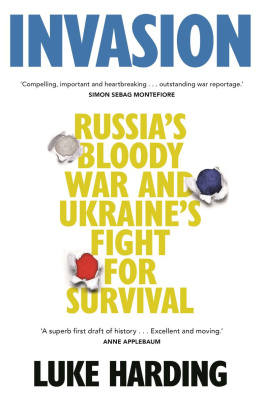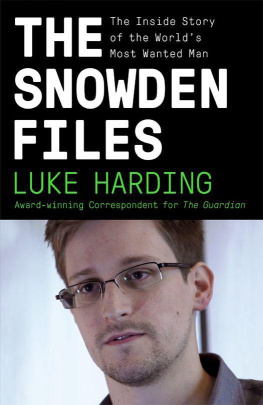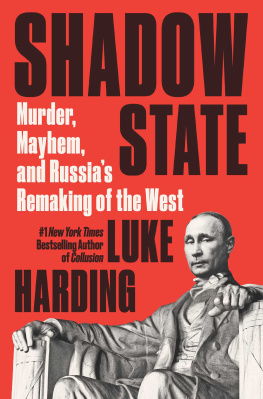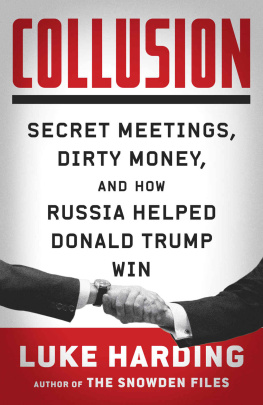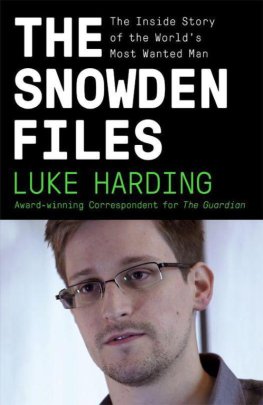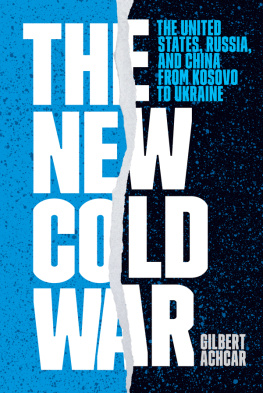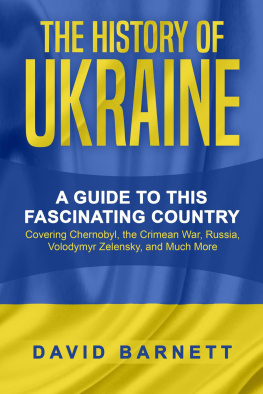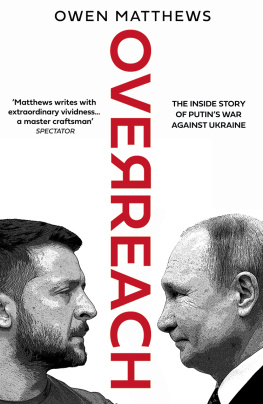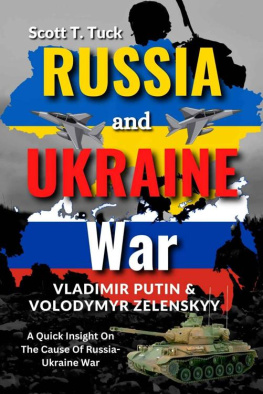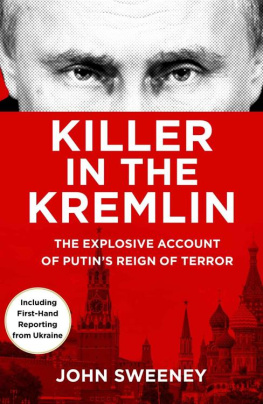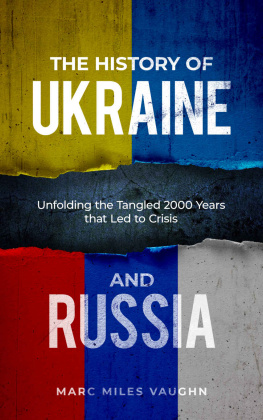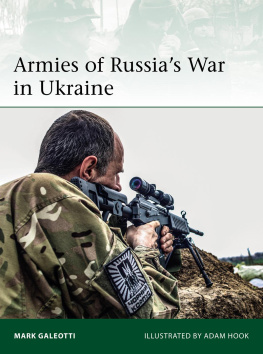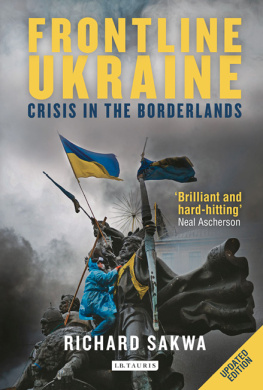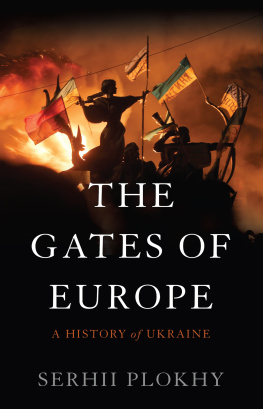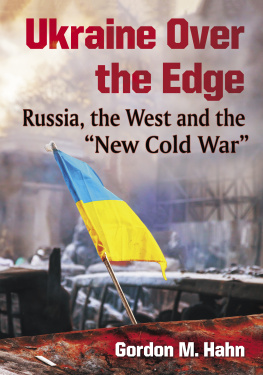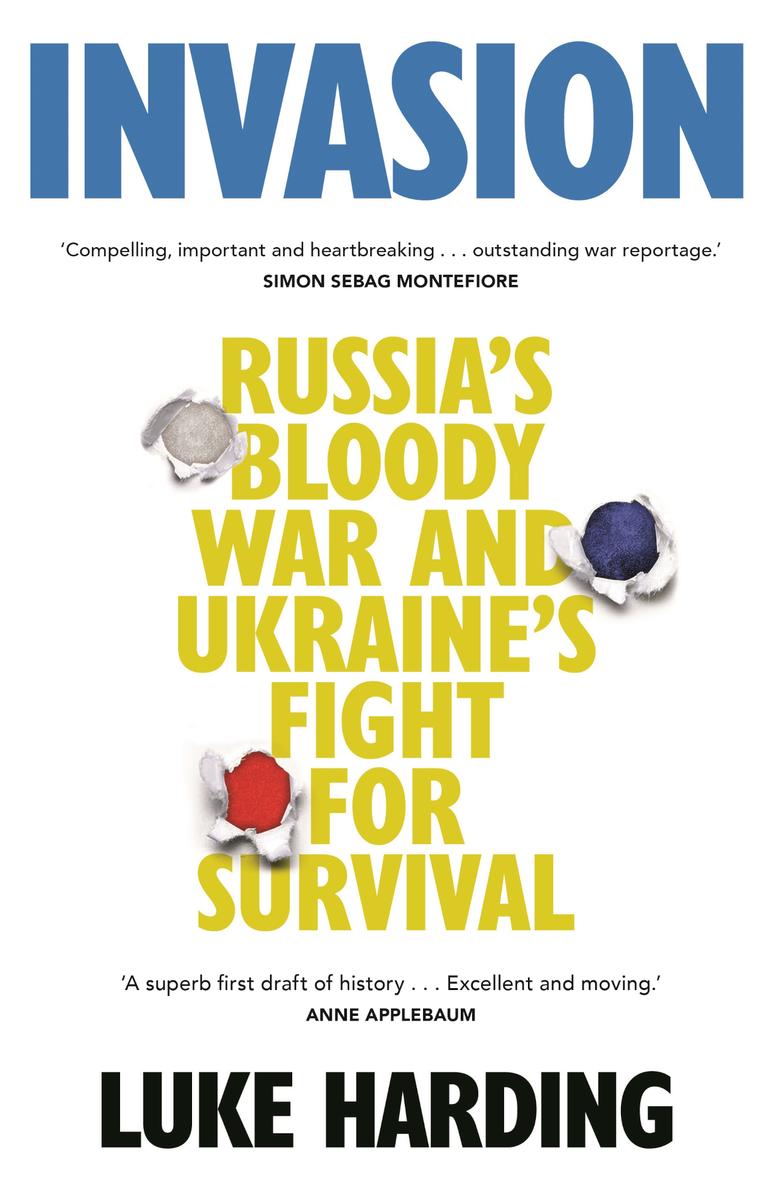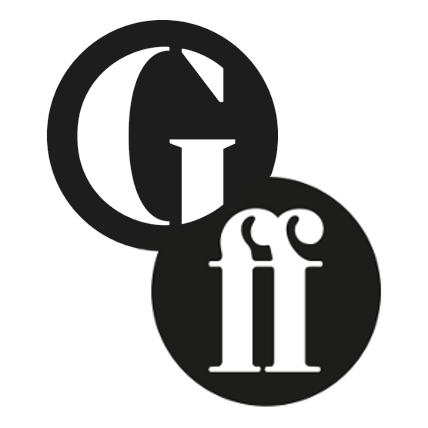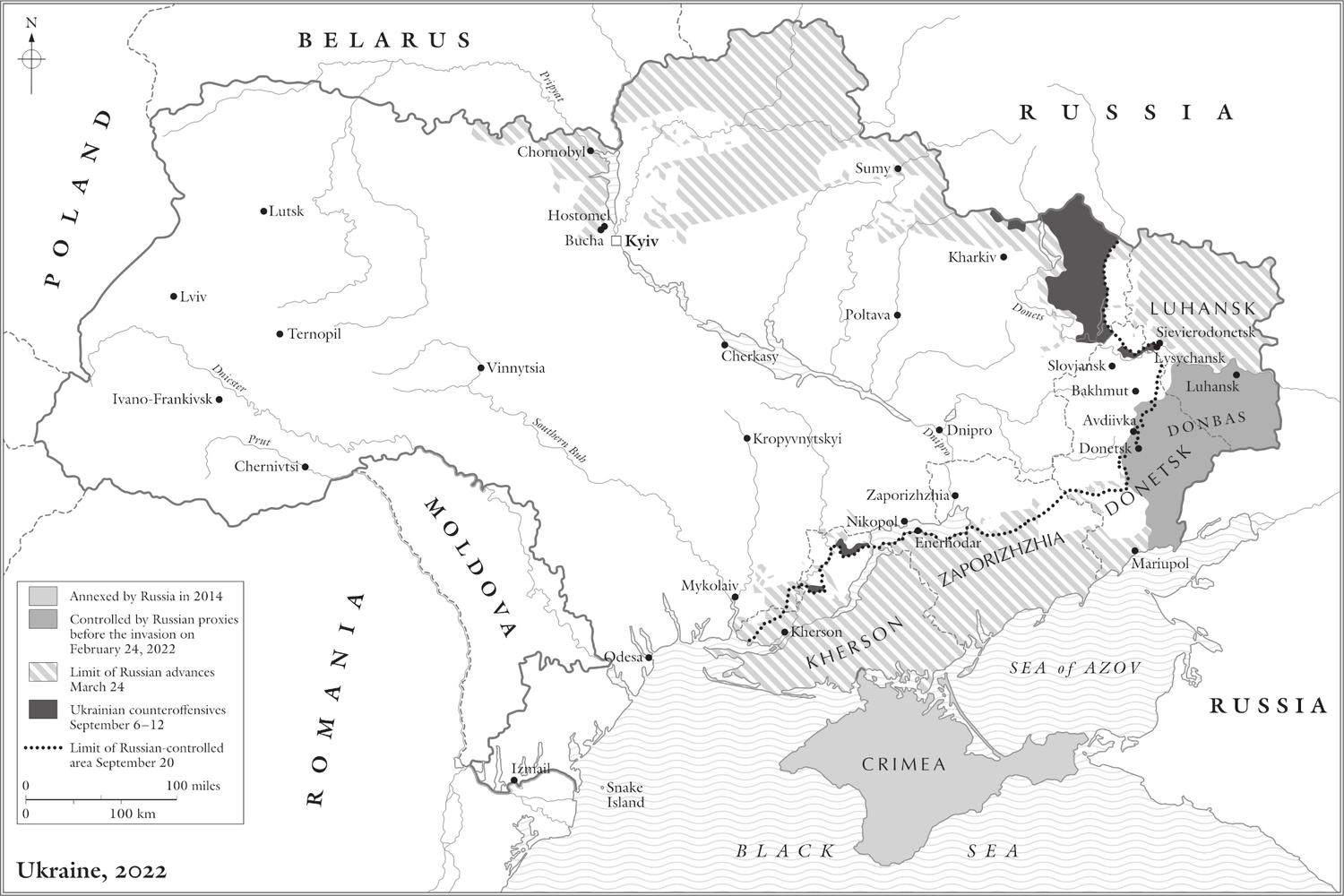Kyiv
February 2022
There had been peace at one time, and now that peace was dead.
mikhail bulgakov,
The White Guard
It was the evening before everything changed. The Ukrainian novelist Andrey Kurkov had invited me for dinner. A few friends, he said, and borshch. We had first met earlier that memorable wintera pleasant meal in a Georgian restaurant in Podil, a neighbourhood in the lower part of Kyiv next to the Dnipro River; a glass of red in a boutique caf near the old city. The date was now February 23, 2022. It was 8:15 p.m., and I was late. I stopped in a shop, bought a bottle of Kolonist port from a winery in Odesa, and hurried to Kurkovs flat.
These meetings happened under the shadow of war. The newswhich I was writing for my newspaper, the Guardianwas alarming, terrible even. A week earlier, Russian-backed separatists had shelled a village in Ukrainian-controlled territory next to the pro-Russian regions of Luhansk and Donetsk. The missile had landed in a school gym. Mercifully, no one was killed, but the eight-year conflict in the east was heating up.
Humour was essential in these dark times. Kurkov sent me a meme via WhatsApp. It showed Fyodor Dostoevskys head floating surreally in a hole in the schools wall, peering at the rubble. Around the great nineteenth-century Russian writer were soccer balls, a mural depicting a jungle, and a climbing rope. Kurkov was an agreeable companion, the author of many playful and magically luminous books, and Ukraines most celebrated living writer. Also, remarkably, he was an optimist.
I, by contrast, was increasingly gloomy. The omens pointed in one scarcely believable direction: Russia was about to invade Ukraine.
Vladimir Putin had a long-standing interest in Ukraine. In 2014, he responded to a pro-European uprising in Kyiv by annexing Ukraines Crimean Peninsula and coordinating a counter-rebellion in the Donbas, a region subsequently controlled in part by Russia-installed rebels. By the end of the decade, it had grown into a brooding obsession.
The crisis had been growing since autumn 2020 like a fog rolling in. First, Putin had sent troops, tanks, and armoured vehicles to Russias western border with Ukraine and to Belarus, a brother state that Moscow had practically absorbed. The vehicles bore a curious white symbol: the letter V.
Next, Putin had issued a series of demands so imperious and swaggering you could only marvel at their audacity. He sought nothing less than the annulment of the security infrastructure that has governed Europe for the three decades since the Soviet Unions 1991 collapse. Further, he wanted the Biden administration to guarantee Ukraine would never join NATO, the United States-led military alliance set up in 1949 to contain the Soviet Union.
Additionally, Russias president demanded that NATO take its forces and equipment out of European countries that had once been Cold War satellites: Romania, Bulgaria, Poland, plus the Baltic states. These countries had joined NATO after 1997; now Moscow wanted to wind the clock back. Putins apparent goal was to re-create the USSRs sphere of influence that had existed across the European continent behind what Winston Churchill called an iron curtain.
This zone encompassed Belarus and Ukrainehistoric Russian lands, as Putin saw themunjustly separated from Moscow by Bolshevik blunder and Western meddling.
Diplomatic attempts to appease hima trip to Moscow by Frances president, Emmanuel Macron, and the offer of a superpower summit from the White Househad gone nowhere. Meanwhile, new Russian tactical battalion groups assembled on Ukraines borders. Satellite images revealed an array of lethal modern weapons: Sukhoi fighter jets, Buk anti-aircraft missile systems, short-range artillery, fuel and transport vehicles.
On that Monday, two days before my borshch invitation, Putin held an extraordinary summit of his security council, Russias top decision-making body. His spy chiefs, senior government colleagues, and foreign minister all gave their support for a plan to recognize the Donetsk and Luhansk peoples republicsDNR and LNRas independent. It was a bizarre display of fealty in Moscow. Whatever misgivings council members may have had were left unsaid.
Putins decision pushed the button on a broader Russian military intervention in Ukraine, which has been a sovereign state for thirty years. The DNR and LNR claimed territory in the Donbas that was under the control of Kyivs pro-Western government, led by president Volodymyr Zelenskiy, a former TV star. An unsuccessful eight-year dialoguenamed after Minsk, the Belarusian capitalover the status of these Russian-controlled zones was over. A terrible succession was dawning.
Putin was seeking to resolve these political questions of lordship and allegiance, language and identity, using tactics familiar from Russias dark past: bombs, destruction, and the murder of civilians. Over the last decade, Russia had levelled Aleppo and other Syrian cities and demolished Grozny during two Chechen wars, the second as Putin came to power in 2000.
The immediate enemy this time was Ukraine, as well as its Atlanticist leadership. But the war that would play out in 2022 would be bigger and more epochal, a moment when the world was forever transformed. Germanys chancellor, Olaf Scholz, called it a Zeitenwendeliterally a times-turn, a turning point in history. It would mark the end of a period of relative peace that began in 1989 with the fall of the Berlin Wall.
To paraphrase Lenin, there are decades where nothing happens, and weeks where decades happen.
Russias invasion would become the largest armed conflict on European territory since 1945: an attempt by one nation to devour another. From everywhere other than Moscow, it looked like a classic imperial raid against a refractory one-time colony. Putins justification for his adventure seemed preposterous. His aim: to denazify and demilitarize Ukraine, a country led by a Jewish president.
More plausible was the axiom that without Ukraine, Russia could never be an empire or a great power. There was the threat of example, moreover. Ukraine was home to millions of native Russian-speakers. If it could become a successful Western-style democracy where critical voices were allowed, then so could Russia.
The consequences of invasion would be transformative, not least for international relations. In a matter of days unthinkable things happened. Sweden and Finland abandoned neutrality; Germany, pacifism; the United Kingdom, post-Brexit estrangement from European neighbours; Poland and Hungary, antipathy towards refugees. By showing solidarity with Ukraine, the United States and its allies found a role, a new moral purpose, and a collective resilience.
Russias battle went beyond Ukraine. It wasto a large degreea proxy war against the West. The glavny protivnik was the United Statesthe chief adversary in dry KGB languageas well as other democratic governments that had armed the Ukrainians. Washington had sent ammunition and Javelin anti-tank missiles, London the Next generation Light Anti-tank Weapon (NLAW) system, the Baltic states additional hardware. These defensive shipments enraged Moscow.

